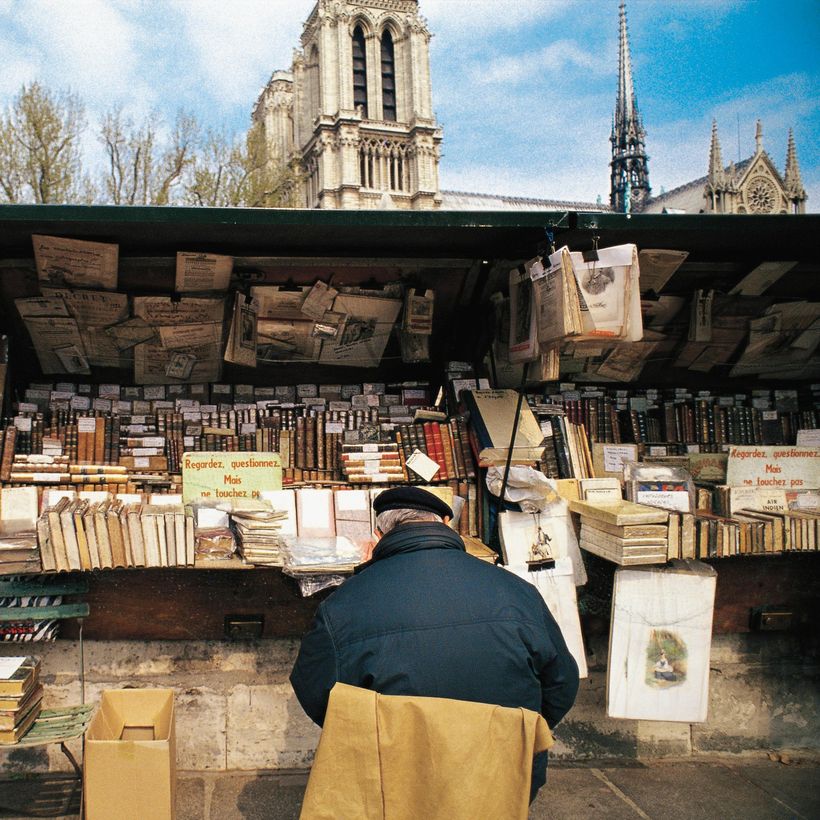Booksellers in Paris have hit out at plans to “hide” them during the 2024 Olympics, after they were told by local authorities to remove their stalls for the opening ceremony for security reasons.
The bouquinistes along the River Seine make up the largest open-air book market in Europe and represent a 400-year-old tradition. However, about 570 of the stalls, which make up about 60 percent of the total along the river, need to be dismantled and moved, according to city authorities, for the opening ceremony on 26 July next year.

